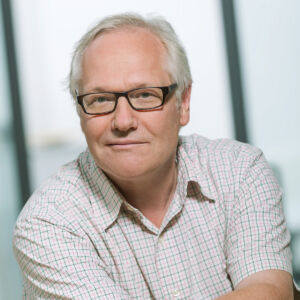Crystallo. Der in P-Net entwickelte Struvitdünger. Crystallo Factsheet
Martina Winker et al.
Konrad Götz is a sociologist and has been a research scientist at ISOE since 1995. He is working in the research unit Mobility and Urban Spaces. Konrad Götz is an expert for the empirical study of social life and mobility research. His doctoral dissertation, presented at Goethe University, Frankfurt am Main, was published as “Leisure Time Mobility in Everyday Life – or Deposable Time, Timeout, Quality Time – Why We Need Our Leisure Time.” Before starting at ISOE he was research assistant at the Social Science Project Group, Munich, working in the area of “Humanizing the Working World” and worked as a market researcher at the Sinus Institute in Heidelberg.
Martina Winker et al.
Marion Mehring et al.
Melanie Jaeger-Erben et al.
Konrad Götz, Christian Jansen
Konrad Götz
